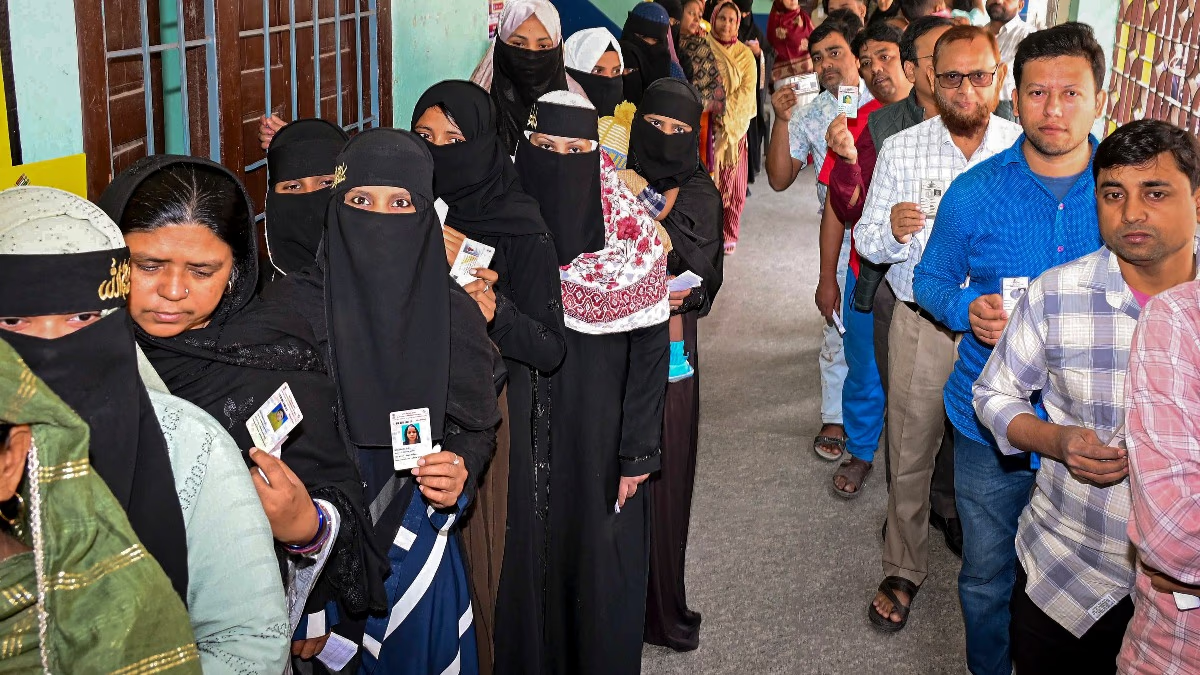'I don't care because I'm doing nothing wrong' is a common defense when people discuss mobile and data privacy. Many suggest that privacy is just a myth. But is this belief truly valid? Let’s delve into how every interaction you have can be tracked by technology, and the implications go beyond mere advertisements.
Awareness of data privacy is severely lacking in India. People often don't hesitate to share their Aadhaar details, which are critically important from a data privacy perspective. If cybercriminals access your Aadhaar along with some other details, they could empty your account. Such incidents are reported daily.
Why are scams like digital arrests on the rise?
Why is cybercrime increasing in India? Why are cybercriminals able to digitally apprehend people so easily? The reason is that for years, people have been handing over their data indiscriminately.
Cybercriminal operations are often slow and deliberate, working over years on data sets before exploiting them. If your data leaked five years ago, you might fall victim to a scam today or next year, simply because your data could still be in the hands of cybercriminals.
How is your phone becoming a threat? Your conversations, your data
Mentioning a product or place to friends often results in observing ads related to that product or place on social media shortly thereafter. This is known as targeted advertising. But is it only about ads? Large companies like Google and Amazon have admitted to occasionally listening to conversations through their employees. This means someone might indeed be eavesdropping.
Unused apps are dangerous
Your phone likely hosts numerous apps you haven't touched in months, yet these apps access your data daily. Typically, people download apps for specific tasks and forget to uninstall them, even if they no longer use them daily. However, as soon as you install them, they gain permanent data access.
The purpose of digital tracking is not just advertising
Permissions granted to apps for microphone, camera, and location access allow them to store and process your data. Many apps request more permissions than necessary. Examples include:
Shopping apps accessing microphones
Payment apps tracking locations. While companies profit from saving and selling this data, those with malicious intentions can use it for blackmail and cybercrime.
Google has faced lawsuits for recording conversations to enhance speech recognition. However, small apps aren’t held to as stringent accountability, and the location of their servers often remains unknown.
How can your data be dangerous?
Blackmailing and cybercrime can easily target you.
The chances of financial fraud increase significantly, as your extensive data is stored somewhere.
Your privacy can be easily breached.
The possibility of financial fraud is high because your data is stored with someone.
Your privacy can be easily breached.
The buying and selling of bulk data
User data sells for a high price on the dark web, with prices determined by data sensitivity. The data sold or bought isn’t just one user's but rather tens of millions of users'. Cybercriminals purchase this data expensively and scam individuals over time.
Who is selling your data?
It starts when you blindly grant permissions to apps. Often, app publishers themselves collect and sell user data. Alternatively, if a company's data gets leaked, criminals sell the data.
How to protect yourself?
Grant microphone and camera access only to essential apps. Manually revoke unnecessary permissions within each app. This feature is available in both Android and iPhone. You can go to settings, select the app section, choose the app, and remove permissions.
Avoid using apps from non-trusted publishers. Before downloading, Google the app and read reviews.
Regularly check app permissions and remove non-essential ones. Keep track of unused apps and promptly remove them from your phone.
Avoid using apps from non-trusted publishers. Before downloading, Google the app and read reviews.
There are also tools available that inform you of apps that have gone unused for an extended time. Some tools can also assist in removing your information from the internet. You can have your data removed from the database of any app. However, these services are typically not free and can be quite expensive.
If you’ve experienced something similar, let us know in the comments.




